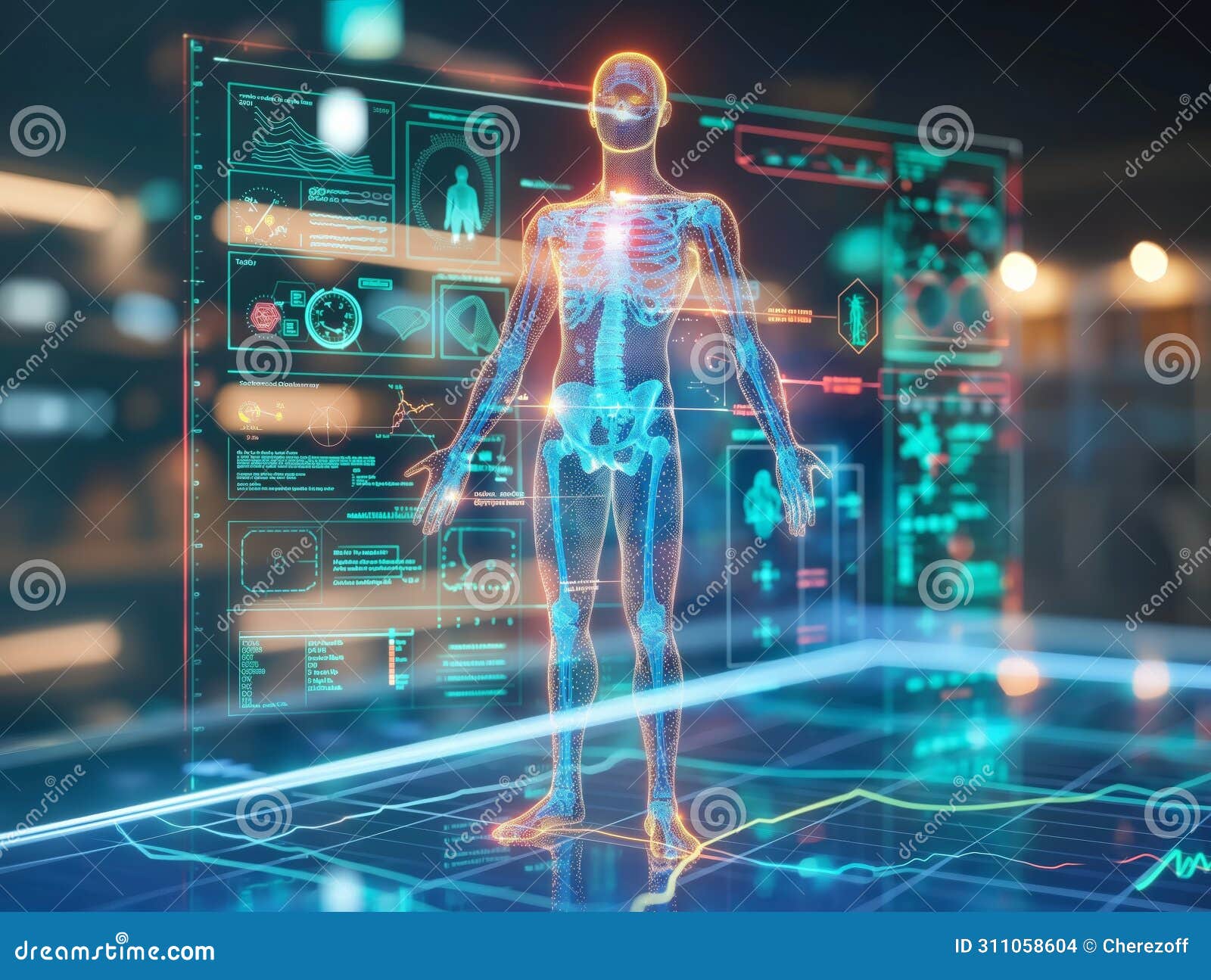Key Facts About Character Traits Body Analysis and How It Works
Key Facts About Character Traits Body Analysis and How It Works
Blog Article
In today’s world, where relationships go beyond words, learning about body analysis is becoming an essential skill for leaders and anyone who wants to understand human nature.
This article will show you how the body explains not only physical tendencies but also emotional triggers.
Keep reading to discover how body analysis works. By the end, you’ll know how to apply these insights in daily life.
Why Study Body Analysis
Character traits body analysis gives you an extra layer of understanding, helping in team dynamics.
Coaches apply character analysis to identify fears or resistance.
Ultimately, behavioral body analysis empowers you to communicate effectively.

Different Approaches to Body Analysis
Some practitioners focus on movement patterns, reading how the body carries itself to uncover emotional states or stress responses.
Behavioral body analysis also includes microexpressions, which can reveal momentary emotions even when someone tries to hide their feelings.
While these methods differ in focus, they all share a common goal: to understand the link between physical form and inner world.

How to Apply Body Analysis
These small signals may indicate discomfort, offering clues beyond their spoken words.
Coaches rely on physical cues to adjust their approach, noticing when a client feels blocked or energized.
The more you observe, the more intuitive your understanding becomes, allowing you to respond thoughtfully and authentically.
Common Myths About Body Analysis
Relying solely on one signal can lead to misunderstandings.
Ethical practitioners of behavioral reading know it’s about observation, not judgment or labeling.
Anyone interacting with people can apply these insights to foster trust, empathy, and connection.
The Body Explains: A Modern Approach
According to this model, body posture may point to unconscious defenses.
In “body explains” practice, professionals observe body segments and map them to psychological traits.
Clients working with “the body explains” methods often experience breakthroughs as they connect physical sensations with memories.
Respectful Practice of Behavioral Body Analysis
Practicing body analysis ethically means respecting privacy and avoiding snap judgments. Observing someone’s body language or traits doesn’t give license to criticize them without consent or dialogue.
Another ethical guideline is to contextualize observations. A behavior or posture in one culture may mean something very different elsewhere.
Ethics in body reading means creating a safe, respectful environment where observation fosters growth, not shame.
Developing Body Reading Skills
Over time, you’ll sharpen your ability to detect subtle cues and contextual signals.
Reading books or attending workshops on body language provides structured knowledge and frameworks.
With consistent practice, your awareness grows, enhancing communication, relationships, and emotional intelligence.

Should You Explore Behavioral Body Analysis?
Whether you’re a business leader, learning to read the body opens new dimensions of communication.
We’ve explored approaches of behavioral body reading, from the body explains model.
Let the process inspire curiosity, empathy, and openness as you unlock the silent language of the human body.
FAQ About Body Analysis
What is body analysis?
It involves studying how the body expresses subconscious tendencies and communicates beyond words.
Is body analysis difficult to learn?
Like any skill, body analysis improves with experience, study, and reflection over time.
Is body analysis 100% accurate?
Body analysis is an interpretive tool, not an exact science.
How can I use body analysis professionally?
It helps professionals build rapport, detect unspoken needs, and adjust communication strategies.
Are body analysis and body reading the same?
Body analysis often includes interpreting physical structure, traits, and muscular development, while body language reading focuses more on gestures and movements.
analise corporal psicologia informacoes a mais Report this page